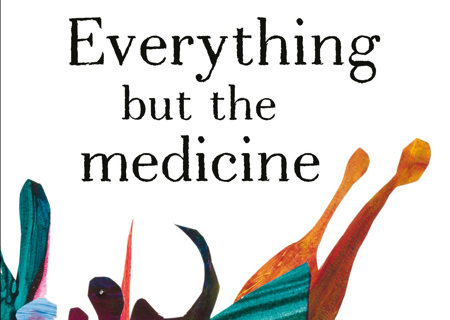A doctor on the Oranga Tamariki scandal
A Wanaka GP speaks out on Melanie Reid’s investigation into Oranga Tamariki’s uplifting of Māori babies
I looked again at the documentary showing social workers from Oranga Tamariki attempting to uplift a newborn baby from its mother. An uplift is a euphemism for forced removal of a baby because of concerns for its safety. In Aotearoa many of these babies are Māori.
The video is harrowing. I don’t want it to be true. I like the story we all like, the one where our nation’s social workers are doing beautifully funded mahi, supporting struggling mothers to care for their children and talking with whānau in a process overflowing with natural justice.
I think we have heard enough to know that story isn’t true. But this is not just a problem of funding. It is a problem for all of us.
Since that video we have heard a lot from social workers, iwi, lawyers and politicians. We have heard from traumatised adults who were themselves uplifted as children. The people we have never heard from are the mothers. Like the young mother in the video, clinging to her new baby, they have been largely silent.
As a GP I have spoken to many women who have had their babies or children uplifted. These are grippingly distressing conversations. Without exception these women are extremely traumatised. Can you imagine the torment of having your baby taken, often without warning, against your will?
These mothers have been judged with vehemence on social media, have been declared guilty without trial. But the women I have met are not monsters. They are our human kin, and they are hurting. They are women in circumstances that most of us could never imagine encountering. Some have been brought up in homes of poverty and violence. The uplift of their children can be a chilling re-enactment of violation and powerlessness. You can never unhear that scream of anguish filling a maternity ward; a mother with her baby taken.
What I hear from these mothers is an intense grief at the loss of their babies and a desire to do better. Sometimes the taking of children spurs them into action. They will do anything to get that baby back. Maybe they will leave the father and escape to the women’s refuge, but they have no money, no home, no car; no resources to start building a life. They love that child, but they are on their own, stigmatised and untrusted.
Read the full extract at Newsroom here.


